In a world that is increasingly connected to technology and the internet, family time has taken on a whole new meaning. Family picnics and weekend camping trips are slowly being replaced by movie nights and video games. But the benefits of nature to parents and their children are more important now than ever before. Weekend trips, outdoor adventures, and summer vacations spent under the sun are not only fun for families of all ages and interests, but they can also help bring a family together, foster active lifestyles, and teach children about the importance of respecting nature. Deciding where to take your family on your next trip? Check out these awesome benefits of nature for parents and kids alike, and consider visiting one of our nation’s many incredible National Parks on your next vacation or weekend getaway!
It gets kids active
According to the Center for Disease Control and Prevention, as of 2012, more than one third of children and adolescents are overweight or obese. Of this number, 70% of obese youth had at least one of the risk factors, including high cholesterol or high blood pressure, for cardiovascular disease. One reason for this change is the move away from outdoor playtime, an activity that was once a vital part of childhood in America. The average child in the United States now spends fewer than thirty minutes a day outside, and more than seven hours in front of an electronic screen, including televisions and computers.
Think about the kinds of things your family will be doing if you choose to visit a National Park. Maybe you’ll go hiking, hit the water on a kayak, canoe, or powerboat, cast a line, go birdwatching, or even just visit some landamarks to snap a few photos. No matter which of these activities you choose, they are guaranteed to get you and your kids moving. Once your kids see that they can have as much fun outside as they can in front of a computer, their love for the outdoors will grow, and they’ll want to get out much more often.
It allows families to reconnect
Most of the technology that we use today is used solo. We sit alone on our computers, tablets, and phones, and we rarely interact with the people around us while we do so. But when you plan a trip to a National Park, the activities that you’ll be enjoying are disconnected in the best possible way. Families get the chance to communicate and reconnect away from the demands of their busy lives, and that interaction is what helps to build memories that will last a lifetime.
It promotes curiosity

CC image courtesy of Philippe Put on Flickr
The move away from outdoor play is not a uniquely American problem. Studies in the U.K. show that kids are spending less and less time playing outside. The issue isn’t just about kids choosing to stay inside on their own; half of the parents who were polled in one study admitted that they do not allow their children to play outside, because they are concerned about the safety of it. 60% of those polled also said that they felt that there was plenty for them to do indoors.
We all know that children are naturally curious. They pick up on skills and knowledge very quickly, and they soak in the ideas that surround them. While technology and the internet can be excellent education tools, there’s no replacement for outdoor adventure in sparking a child’s curiosity.
It builds a healthy relationship with nature
#getkidsoutside #greenspace #childrenandnature #patchadams #stressrelief #nature #naturequote
A photo posted by Children & Nature Network (@children_naturenetwork) on
In his 2005 book, “Last Child in the Woods,” author Richard Louv coined the term “nature-deficit disorder.” His theory draws on recent studies that suggest that our increasing disconnect from the natural world, and the increase in development around the world that is taking over our green-spaces, is lading to a diminished use of our senses, attention difficulty, and higher rates of emotional illness. While studies like these are ongoing, one thing is for certain; if this new generation continues to stay inside rather than exploring the great outdoors, they will grow up lacking a deep, profound respect for nature. Without this respect and appreciation, will future generations want to fight to continue to protect our National Parks, our waterways and oceans, and other natural spaces?
Teaching children about the benefits of nature will help them to build respect for the world around them. For those of us who grew up playing outside and exploring the outdoors, as adults, we now understand how great nature is for stress relief, how inspiring a walk in the woods can be, and how much fun outdoor activities are. Enjoying a vacation or weekend getaway, or even just a day trip outside can help children develop a healthy relationship with the natural world around them, one that they will hopefully pass on to their own children.

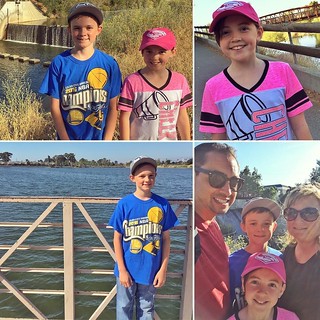
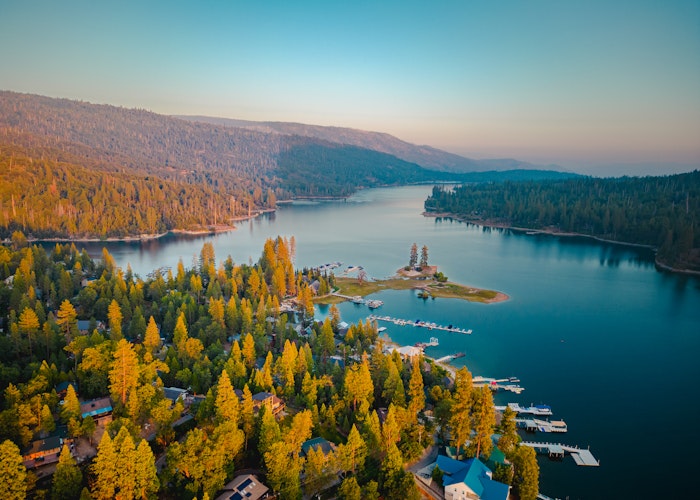
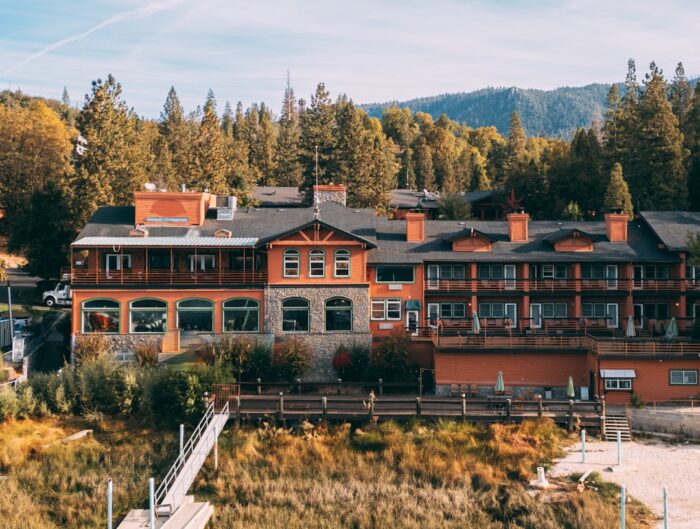
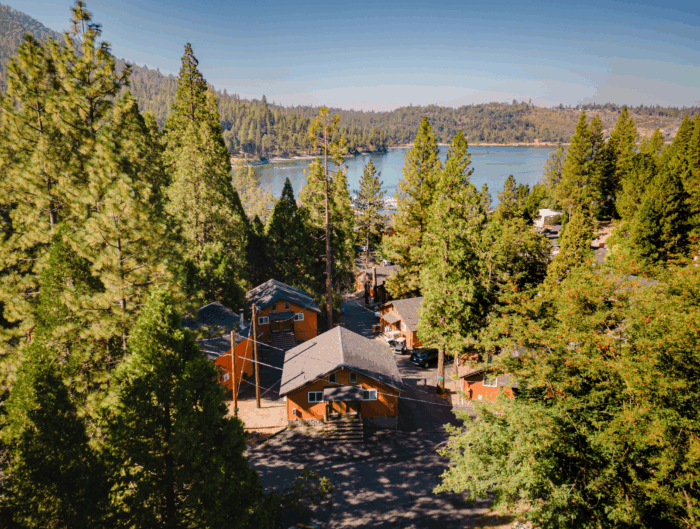
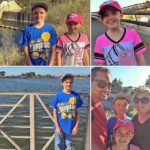
Leave A Reply